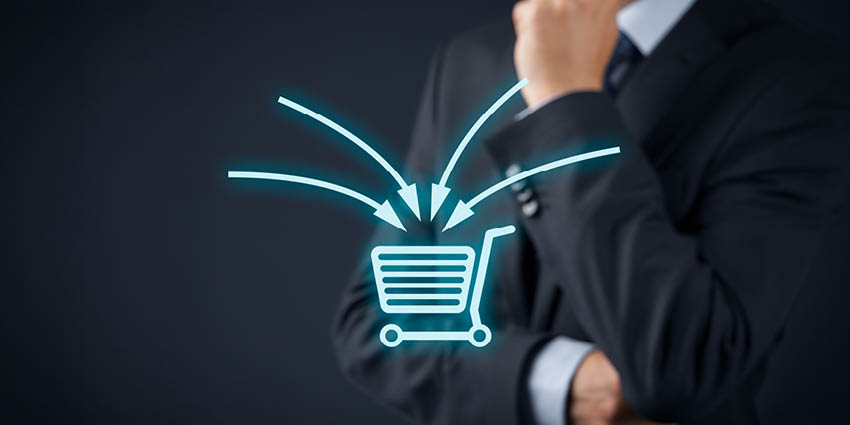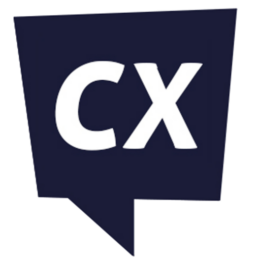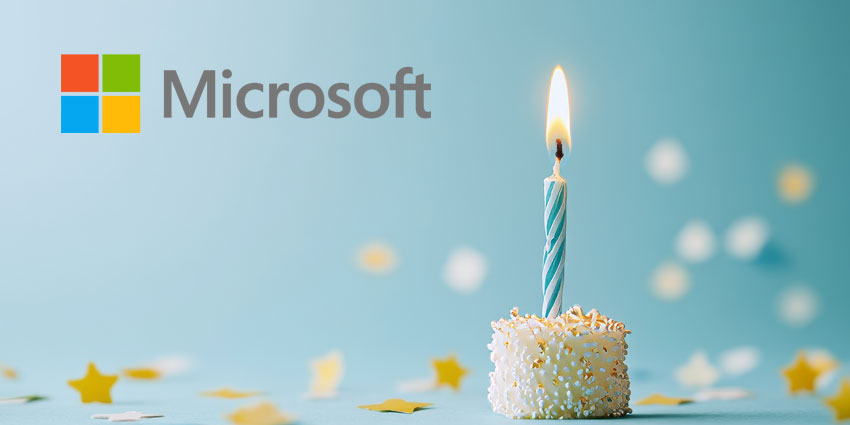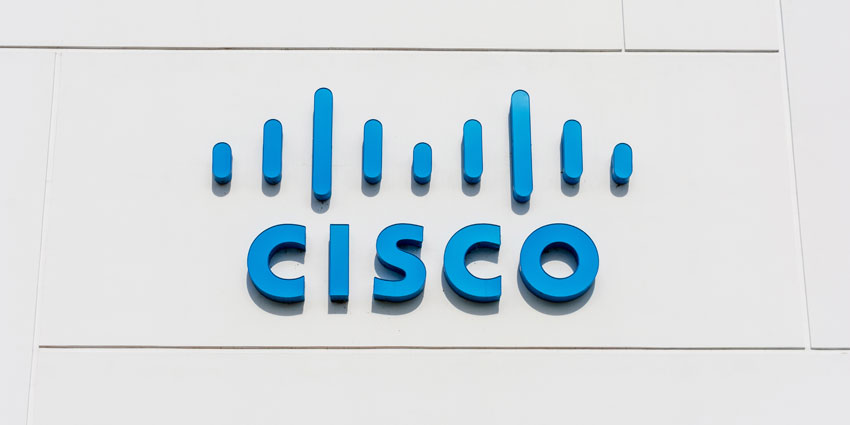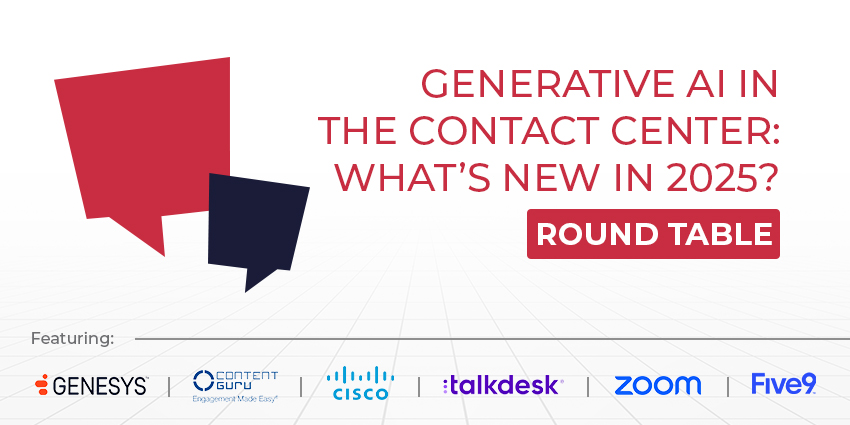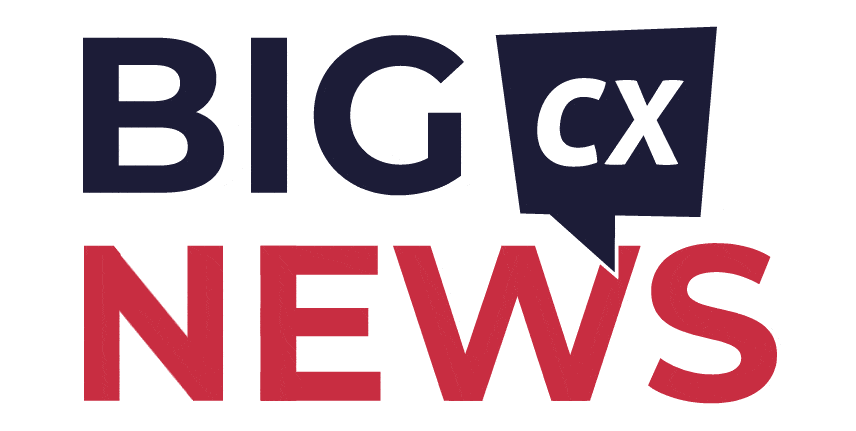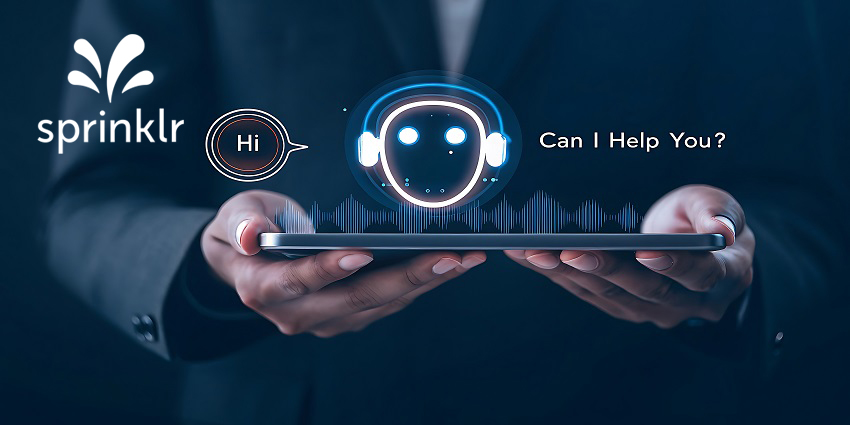According to email marketing software provider Sumo, upselling increases revenue by 10-30% on average. In addition, up-sells are 68% more affordable than acquiring a new customer.
However, customers often perceive upselling as a cash grab. As such, ill-thought-out upselling strategies may harm loyalty and risk revenues in the long run.
Therefore, it is crucial to approach an upselling project with caution and take on a shrewd approach that will allow the business to achieve the possible long-term revenue rewards.
What Exactly Is an Up-Sell?
An up-sell refers to an interaction where a brand or customer service executive persuades the customer to purchase a higher value product than the one they originally intended to buy.
The up[sell typically replaces the customer’s first intention and does not add to it. As such, the customer buys the more expensive or higher value product instead of the lower value one and does not buy both.
Also, the higher value product is related to the lower value product somehow. Typically, it belongs to the same product category, offers similar benefits, or caters to a similar audience.
A well-coached agent will first understand customer needs, probe for an opportunity, and link the higher value product to those. It is not a shot in the dark, which often appears to exploit the customer.
The following video explains this concept excellently:
Yet, even if a company takes all this advice on board, there is still scope for mistakes. For example, many brands impose an upselling quota on agents and service executives. Doing so increases pressure on the team and may have a counterintuitive impact on performance. After all, if agents make upselling an intrusive experience for the customer, this strategy is likely to fail.
Type of Up-Sells
There are many ways that a company can engage in upselling. Some excellent examples include:
- Custom Editions – The customer pays more to get a personalized version of the product, from custom cakes to custom cars.
- Additional Services – Whether it’s for a warranty, insurance, or something else, the customer signs up to receive extra services in addition to the core offering.
- Premiumization – Purchasing a premium version of the product, the customer acquires further capabilities.
- Convenience – The customer pays for the same product, but there is an extra charge for greater convenience. Perhaps this may include additional support or express shipping.
- Products at a Discount – The customer may buy a bundle of products at a discounted price instead of a single item, so the company earns more cumulatively.
- Priority Up-Sells – The company tries to push products or services based on internal priorities, such as the specials menu at a restaurant.
Typically, a sales executive or customer support agent will approach a customer with an upselling offer. Yet, in some cases, the digital customer experience is designed to drive automated up-sells.
For example, if a customer’s card value is a little short of a round number, the e-commerce app or website may recommend an upgraded product to make up the balance. Similarly, shopping carts will often nudge customers towards an upsell based on historical data.
Why Is Up-Sell a CX Win?
An up-sell does not necessarily benefit the organization alone. It is often a CX win too because:
1. It Shows an Understanding of Customer Needs
An effective upselling strategy will not bombard prospects with goods and services for which they have no use. Most often, agents will understand how a product links to another and may assess customer data – available within the CRM – to suggest a relevant up-sell. In this way, it demonstrates that the brand genuinely understands the customer and can even anticipate their needs before the customer expresses them.
2. It Is an Opportunity to Build Rapport and Relationships
A good up-sell carries the conversation forward, even if it does not end in a successful conversion. The brand learns more about the customer, why they are not open to upgrading, information that may strengthen agent-customer relationships. It gives customers a chance to chat about their future needs even if they cannot fulfill them at present due to budgetary or other constraints.
3. It Often Provides Customers With Unexpected Value
Up-sells may have a discounted component, where the customer gets a premium product or a product bundle at a lower than market price. Such an offer optimizes the value of the transaction.
Upselling Tips to Enhance CX
There are several ways in which companies can ensure that an up-sell is effective and does not negatively impact CX. Here are the top tips to remember:
- Train agents to quickly assess customer readiness for upselling. As such, they can cut the conversation short if the customer is not interested and focus on only the most up-sell-friendly conversations.
- Build a catalog of relevant and related products. Doing so will help agents identify which products and services are ideal for upselling, alongside those most likely to be of interest to the customer.
- Assemble case studies and real-world examples of the new product’s value. These may convince the customer more effectively than the agent’s words alone and further strengthen customer trust in the brand.
By following these tips, companies can ensure that customers are not just open to upselling – but they welcome it as a CX win.
Discover how automation is enhancing such sales strategies by reading our article: Increase Sales Revenues by Automating These 6 Tasks
